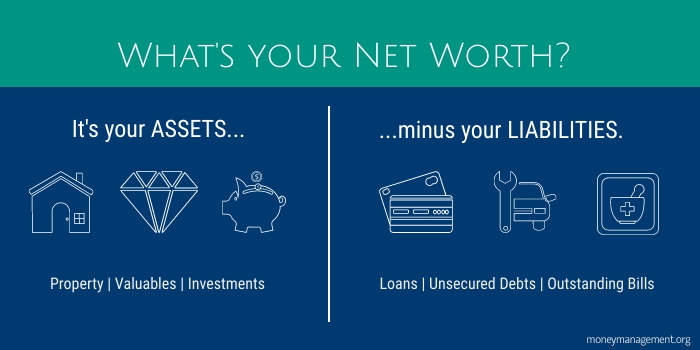Scams on the internet happen when in various forms. The scammers’ online scam tactics (including use these fake or compromised accounts to trick you into giving them money or personal information) keep evolving. We hope you find these tips to avoid online scams useful.
Most social media platforms, credible websites, financial apps etc will never send you direct messages/emails asking for personal details about your account. For Instagram as an example, to identify phishing and spam emails, you can view official Instagram emails sent within the last 14 days from your Settings.
These are some of the things to watch out for when it comes to online scams:
- People asking you for money who you don’t know in person.
- People asking you to send them money or gift cards to receive a loan, prize or other winnings.
- Anyone asking you to pay a fee in order to apply for a job.
- Accounts representing large companies, organizations or public figures that are not verified.
- People claiming to be from a major social media app, bank etc security asking you to provide account information (like your username or password), or offering you account verification services.
- People asking you to move your conversation off social media to a less public or less secure setting, such as a separate email.
- People claiming to have a friend or relative in an emergency.
- People who misrepresent where they are located.
- Messages that appear to come from a friend or a reputable company you know that ask you to click on a suspicious link.
- Accounts that have a brief history on social media.
- Messages or posts with poor spelling and grammatical mistakes.
- People or accounts asking you to claim a prize.
- People or accounts that offer items at an extreme discount.
Here are Types of Online scams to Watch Out for
Romance Scams: Romance scammers typically send romantic messages to people they don’t know, often pretending to be divorced, widowed or in distress. They’ll engage in online relationships claiming to need money for flights or visas. Their goal is to gain your trust, so the conversations may continue for weeks before they ask for money. Be vigilant of engaging in such conversations with people you don’t know in real life.
Lottery Scams: Lottery scams are often carried out from accounts impersonating someone you know or an organization (such as a government agency or a social media platform). The messages will claim that you’re among the winners of a lottery and that you can receive your money for a small advance fee. The scammer may ask you to provide personal information, such as your physical address or bank details which they can use for other criminal activities.
Loan Scams: Loan scammers send messages or leave comments on posts offering instant loans, at a low interest rate for a small advance fee. Once an initial payment is made they may ask for more money to provide a larger loan or simply end the conversation and disappear with the payment. Avoid making any transactions to people that you don’t know.
False Investment Scams: Scammers may promise unrealistic monetary benefits like offering to convert a small amount of money into a larger sum (example: $100 = $1000) and solicit money from you. This false promise of return on investment results in the scammer disappearing with the payment. Some types of false investment scams to watch out for include “cash flipping” scams, Ponzi schemes or “get rich quick” schemes.
Job Scams: Job scammers use misleading or fake job postings to try and get your personal information or money. Avoid job postings that sound too good to be true or that ask you to pay anything upfront. When clicking on a link from a job posting, watch out for websites that seem unrelated to the original job posting or that ask for sensitive information (example: government ID) but don’t use secure (https) browsing.
Credit Card Fraud: Scammers use stolen financial information to make purchases online or to lure others into buying goods or services at a significantly lower price than the market price. If you notice suspicious activity on your credit card, you should report it to your financial institution or local law enforcement.
Paid Subscription Services: Scammers will offer the sale of paid subscription services or lifetime access to these paid subscription services for a one-time payment. Avoid purchasing subscription-based services from unknown third parties since scammers won’t deliver the product, or the product won’t work as they claim it will.
Phishing Scam: Phishing is when someone tries to get access to your Instagram account by sending you a suspicious message or link that asks for your personal information. If they get into your account, a scammer may have access to things like your phone number or email address. They may also change your password to lock you out of your account.
Inauthentic Sellers: Inauthentic or misleading sellers may try to use underpriced items to lure buyers into a scam. They may try to create a sense of urgency to get buyers to act quickly, request payment through a non-secure method, or misrepresent their location in their posts.
RECOMMENDED READS


